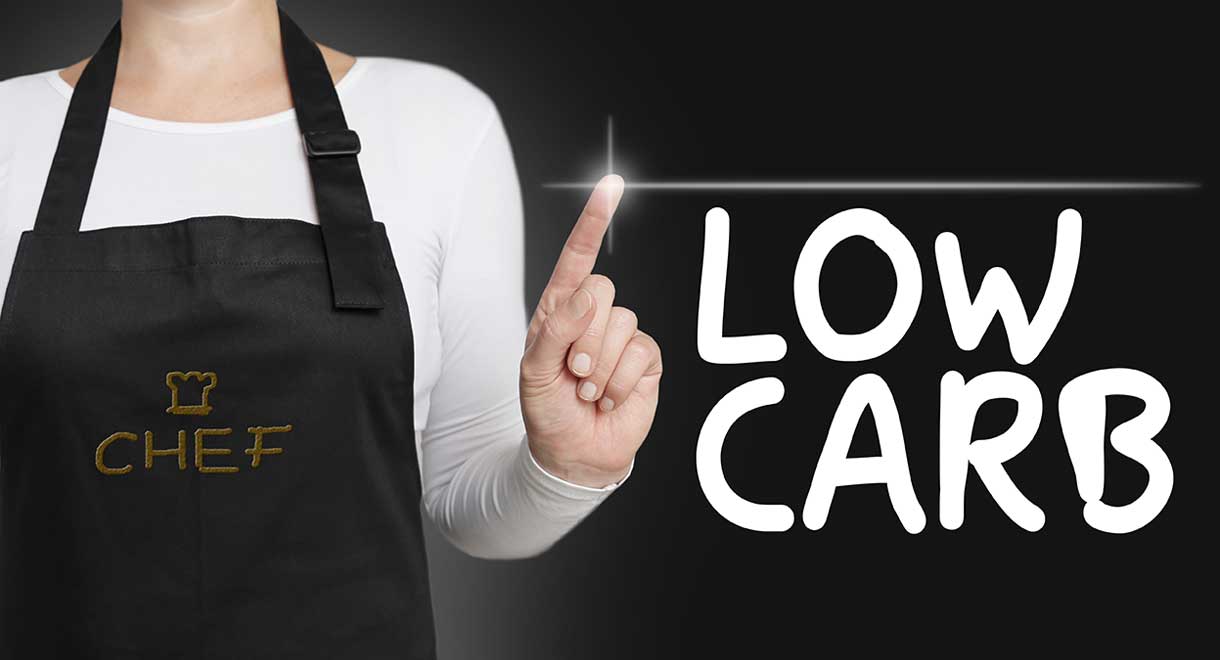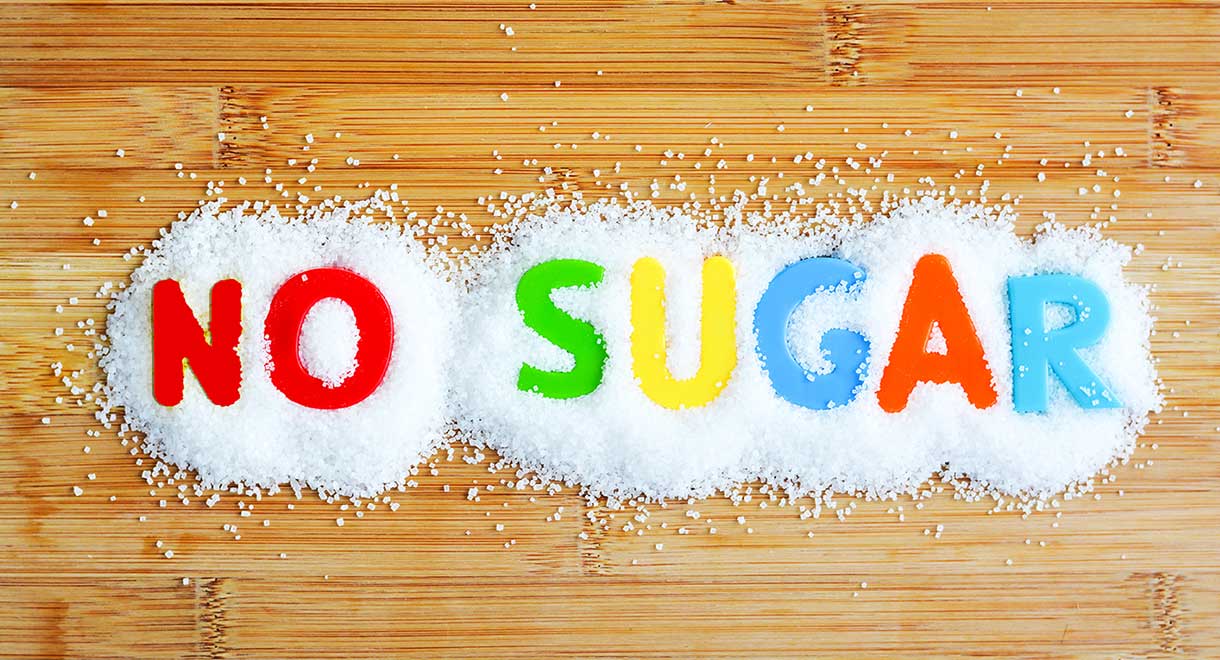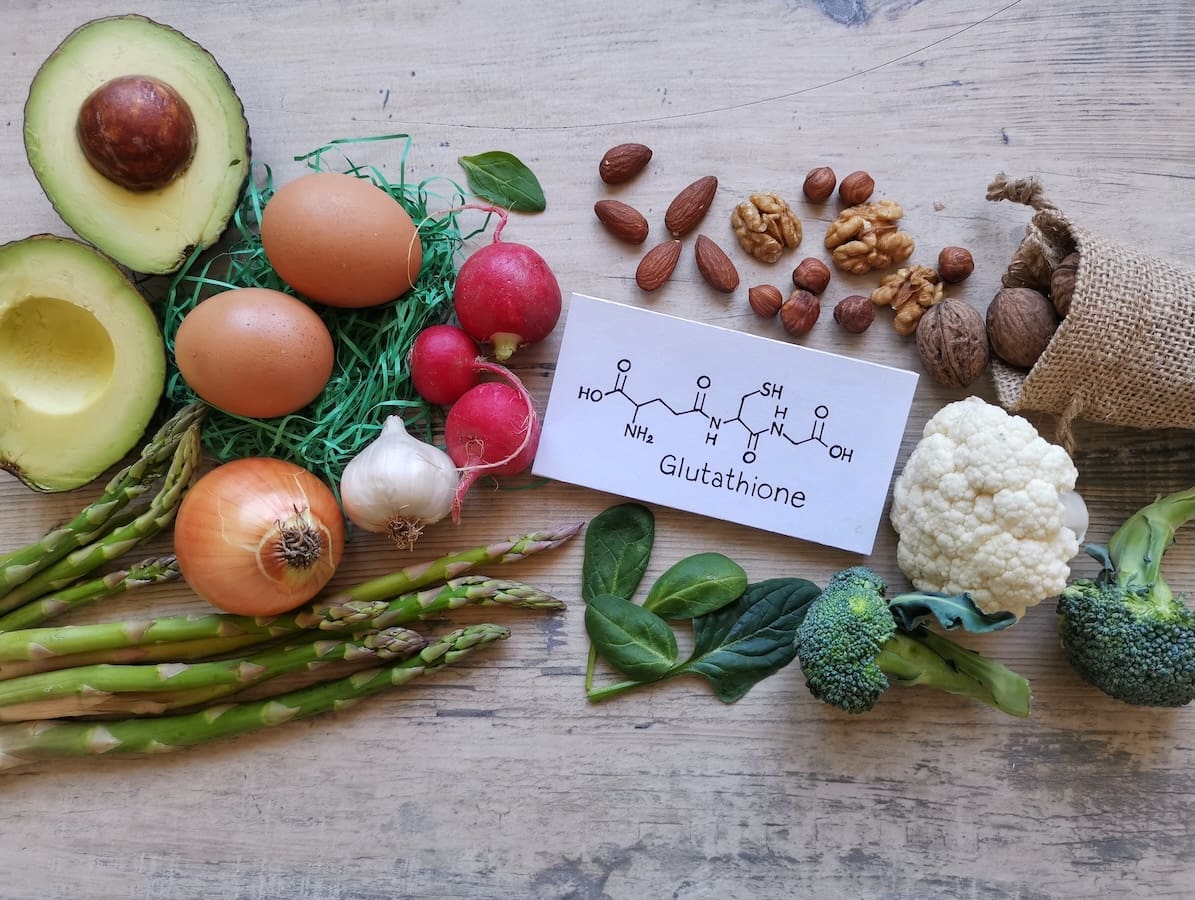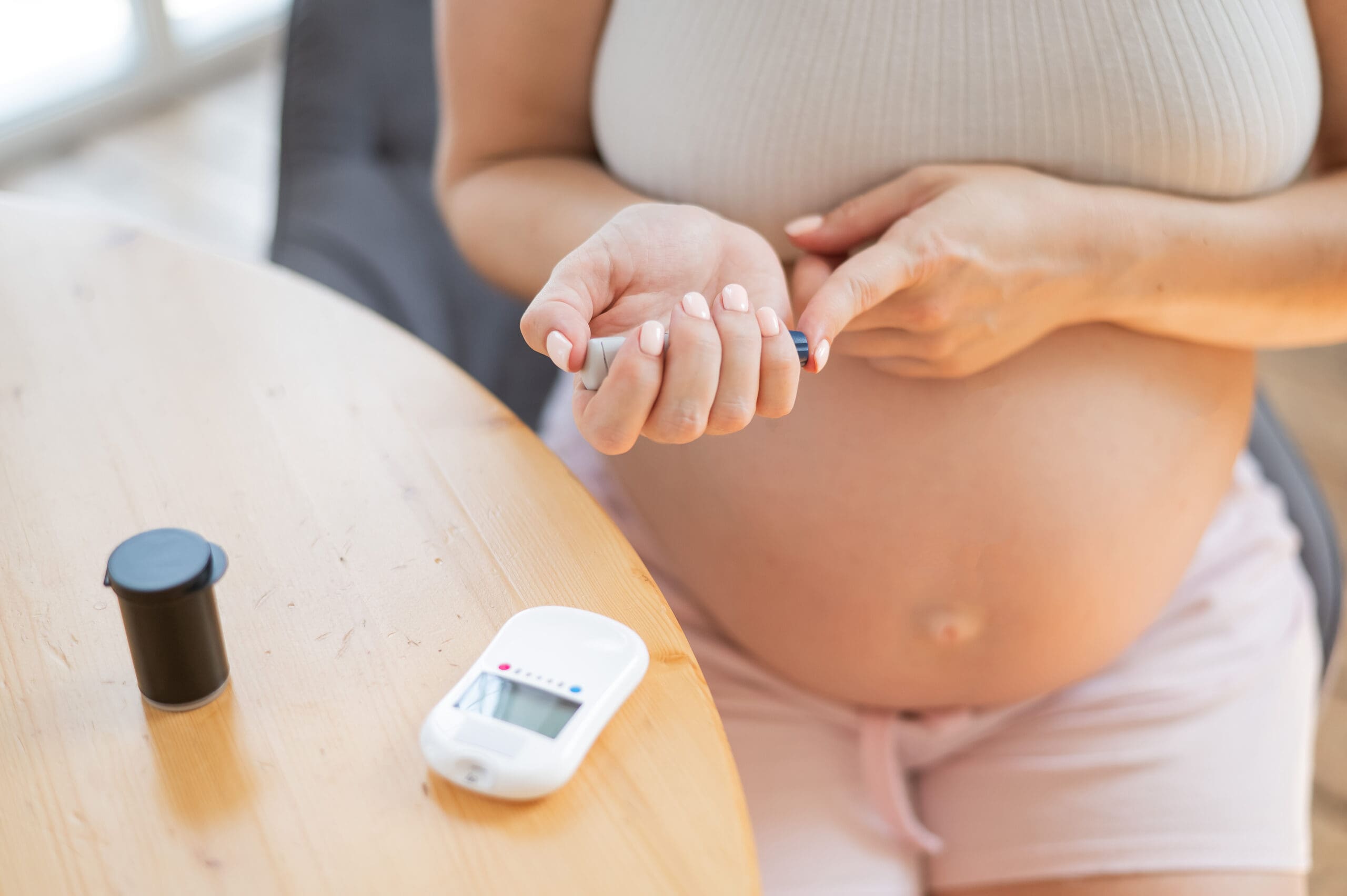Are you aware of this powerful breast cancer risk factor?
By naturopath Margaret Jasinska
Breast cancer is the most feared disease for the majority of women. Nearly everyone personally knows at least one woman who has been diagnosed with the disease. The unfortunate thing is that most women don’t think there’s anything they can do to reduce their risk of breast cancer.
Public health messages strongly advocate the use of mammograms and breast exams to detect tumours at the earliest stage possible, but there’s a world of difference between detection and prevention. Nowhere near enough focus is placed on trying to prevent breast cancer in the first place.
Research has shown that elevated blood sugar is a major risk factor for breast cancer. People typically associate high blood sugar with diabetes, but you are probably not aware of its ability to cause breast cancer.
An interesting article was published in the journal Cancer Epidemiology, Biomarkers and Prevention. The paper was titled Fasting glucose is a risk factor for breast cancer. Along with elevated glucose, higher insulin and insulin-like growth factors are also associated with an increased risk.
Cancer cells are notoriously hungry for glucose; they require large amounts for their survival and proliferation. Insulin is a growth promoting factor; it encourages cell proliferation. Women who have type 1 or 2 diabetes are at increased risk of developing breast cancer, but your blood sugar doesn’t have to be that high to place you in danger. Ideal fasting blood sugar is between 3.0 and 5.4 nmol/L. A blood sugar reading between 5.5 and 6.9nmol/L does not qualify as being high enough for a diabetes diagnosis, but it is still in the danger zone. A blood sugar reading in this range signifies insulin resistance, metabolic syndrome, syndrome X and pre-diabetes. People in this category usually also have dangerously elevated blood insulin levels.
How to reduce elevated blood sugar and insulin
All high carbohydrate foods are digested into glucose; this includes bread, pasta, rice, breakfast cereals, potatoes and all foods containing flour or sugar. All grains are high in carbohydrate; examples of grains include wheat, rye, oats, barley, rice, corn and spelt. Some foods are broken down into glucose much faster than others, and they are said to have a high glycaemic index. These foods include most breakfast cereals, most bread, most rice and biscuits, cake, soft drinks and confectionary. Eating a lot of high glycaemic index carbohydrates increases the risk of breast cancer, and also type two diabetes and heart disease.
A rise in blood sugar stimulates the pancreas to release the hormone insulin. Eating high carbohydrate foods frequently or consuming large volumes of them causes the pancreas to release a lot of insulin. Insulin stimulates weight gain, particularly in the abdominal area and upper body, and it increases the amount of inflammation in the body. Excessive inflammation is a risk factor for all types of cancer. Insulin is an anabolic hormone, meaning it promotes growth of cells. Having high blood levels of insulin places you at increased risk of cancer, and can hasten the spread of any cancer that is already present in the body.
Another substance that is secreted when blood sugar levels rise is insulin-like growth factor one (IGF-1). This is a protein predominantly made in the liver. IGF-1 increases the rate of cell growth and inhibits cell death and has been shown to increase the risk of developing cancer. People with high blood levels of IGF-1 are usually overweight in their abdominal area and they may have acne, or had it when they were younger. Alcohol also promotes the release of IGF-1, thereby increasing the risk of breast cancer.

Reducing your intake of carbohydrate
You can reduce your risk of breast and other forms of cancer by reducing your intake of carbohydrate. Recent World Health Organisation data showed that Australians eat an average of 63 kilograms of sugar a year; that’s more than a kilogram a week! The problem with sugar is that it is hidden in so many foods. The majority of breakfast cereals on the market today are so high in sugar they are best described as confectionery. Sugar is also present in many sauces, spreads, breads, crackers and ready to eat meals from the supermarket.

Reduce your consumption of sugar
If you want to reduce your risk of breast cancer please greatly reduce your consumption of sugar. Fruit juice is an extremely concentrated source of sugar and should be avoided. Vegetable juices offer many health benefits; fruit juices are high in sugar and consuming them is a reliable way to gain weight.
An epidemiological study that spanned over 21 countries in Europe, North American and Asia found that a high dietary sugar intake strongly increases the risk of breast cancer, particularly in older women. The researchers postulated that it is probably due to the elevated insulin levels that occur as a result of consuming a lot of sugar. Breast cancer cells need insulin in order to grow, and if cancerous breast tissue in a test tube is deprived of insulin, the cancer regresses. A high sugar intake also places women at increased risk of polycystic ovarian syndrome. This condition causes infrequent or absent ovulation, thereby creating a progesterone deficiency. Progesterone deficiency increases the risk of breast cancer.
If you want to reduce your risk of breast cancer it is best to base your diet on salads and cooked vegetables and good quality sources of protein, such as seafood, poultry, eggs and red meat (preferably grass fed). If you can find free range or organic versions of these foods, they are ideal. Please also include fruit, raw nuts and seeds and good quality fats in your diet (extra virgin olive oil, cold pressed macadamia oil, avocados, organic coconut oil).
Keep your intake of bread, pasta, rice, potatoes, breakfast cereals and flour based foods to a minimum. A recent study in the UK found that coeliacs (people who are gluten intolerant) have only one third the risk of breast cancer compared to the average population. Perhaps this is due to the fact that they don’t eat as many grain based foods, or perhaps it is due to genetic factors.
Metformin has anticancer effects
Metformin (brand names Diaformin, Diabex and Glucophage) is a commonly used medication in type 2 diabetes, insulin resistance and polycystic ovarian syndrome. Research has shown it improves outcomes in breast cancer patients with diabetes. Researchers at the University of Texas in the USA studied 2,529 women with early stage breast cancer. All of the women received chemotherapy to shrink their tumour, after which they would receive surgery. Of the women, 2,374 did not have diabetes, 68 did have diabetes but were not taking metformin and 87 had diabetes and were taking metformin.
The researchers observed the effectiveness of the chemotherapy in all three groups. They were surprised to find that the group taking metformin had a three times better response rate (24 percent) to the chemotherapy than the diabetics not taking metformin. The non-diabetics who weren’t taking metformin had a response rate of 16 percent. Metformin improves insulin sensitivity, thereby reducing blood insulin levels. Since insulin is a growth promoting factor for cancer cells, lowering insulin levels improves outcome in cancer patients.
Other studies have shown that metformin can prevent premature puberty in overweight children. This reduces the risk of breast cancer because the more years a woman menstruates, the greater her lifetime exposure to oestrogen and the higher her risk of breast cancer.
As you can see, your blood sugar level has a significant effect on your risk of developing breast cancer. Reducing your intake of sugar and carbohydrate may be a powerful way of protecting the health of your breasts.
References:
http://cebp.aacrjournals.org/content/11/11/1361.long
Seeley S. Diet and breast cancer: the possible connection with sugar consumption. Med Hyp 1983;11:319-27
West J, Logan RF, Smith CJ, et al. Malignancy and mortality in people with celiac disease: population based cohort study. BMJ 2004;329:716-9
Metformin increases pathologic complete response rates in breast cancer patients with diabetes. University of Texas M.D. Anderson Cancer Center 2008









Thank you for the interesting article (and all the articles you provide – really affirming the impact food has on our health
I have just purchased your breast health tablets
The benefits of this product in relation to the article would have been even more beneficial to the read
I have been informed how important this product is in prevention of breast cancer too
Thanks
Hi Michelle,
Thanks so much for your feedback!
We are glad to hear that you enjoy our articles.
Kind regards,
Louise